DBT can help you getting a grip on your own mind.
CONNECT ME WITH MY DBT SPECIALIST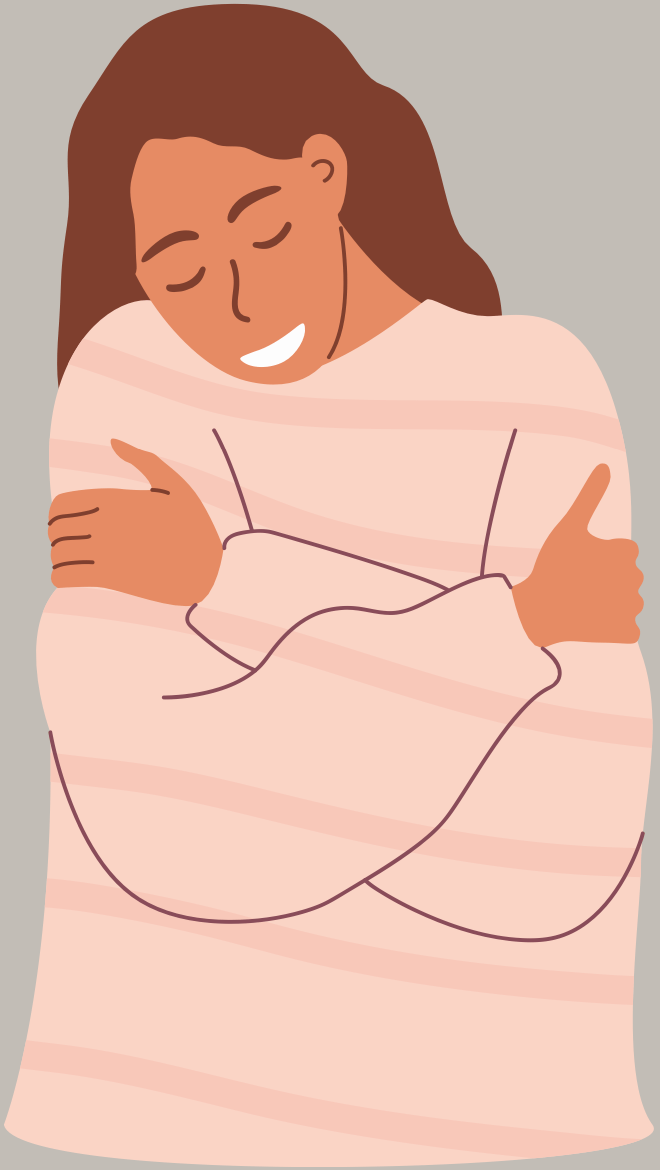
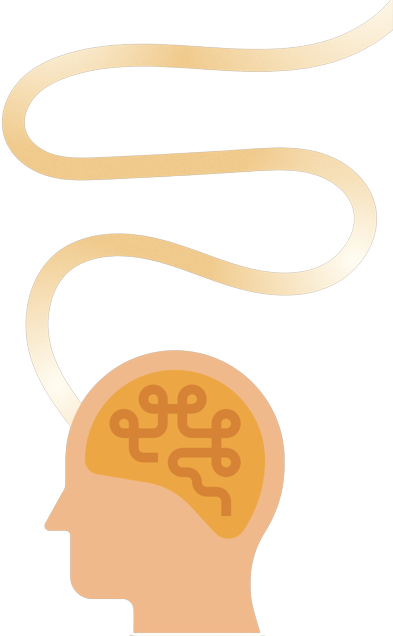
What is DBT?
Dialectical behavior therapy (DBT), developed by Marsha Linehan, Ph.D., at the University of Washington, is a type of psychotherapy.
The “dialectical” in DBT describes the process around the therapy. It deals with two contradicting precepts;
1) Acceptance
Life is so much better when you can accept who you are, the people in your life and all the good and bad experiences you’ve endured.
2) Awareness
learning to use thinking to change feelings.

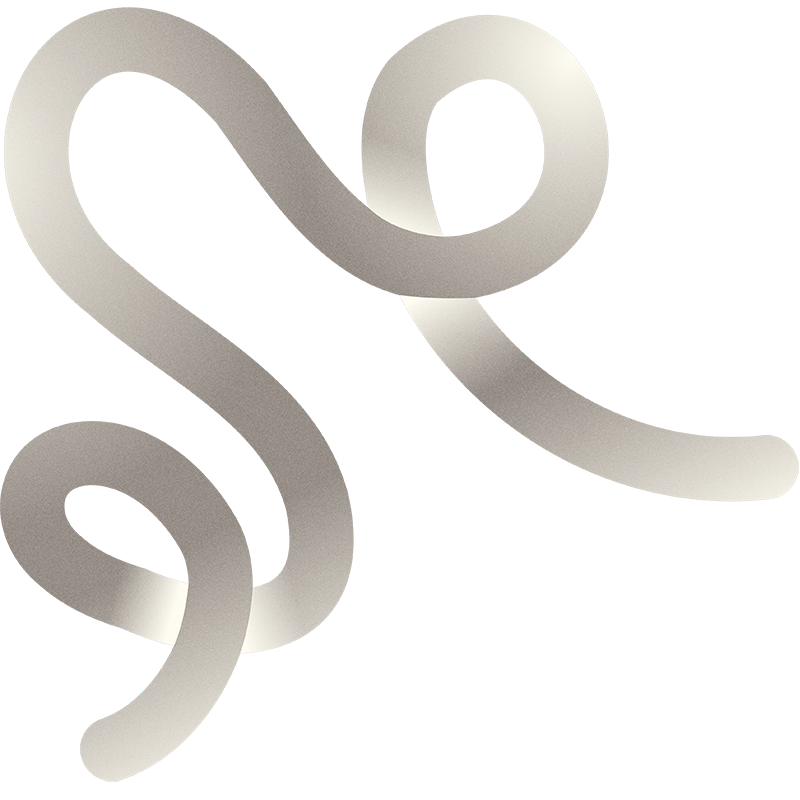
Lots of folks - we get stuck in the past, replaying all those crappy moments. Mindfulness is like slapping on a big ol' stop sign to break that not-so-great cycle.
Dialectical thinking
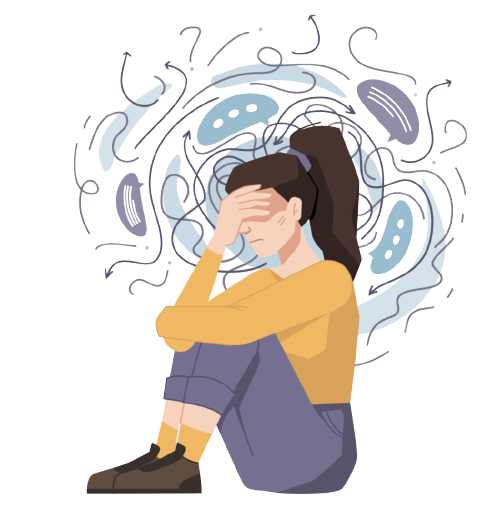
For example, life can involve pain and it can also involve joy. For some who struggle with anxiety or depression, they can get stuck on one side of that “truth” or judgment — “Life is always painful.”

Four core principles

Mindfulness
This includes thoughts, sensations, emotions, and things happening externally.
It is important to understand these sensations without judging these experiences as “good” or “bad.”
You frame what state of mind you’re making decisions in- emotion or reason. You want to be in the healthy middle, which is wise mind.
Emotion Regulation.
Research tells us that urges typically last for 20–30 minutes, which means the feeling will pass regardless if we have engaged in the behavior or not. If we adopt an open and curious attitude about the urge and let it flow without doing battle with it, the urge will subside.
Interpersonal Effectiveness.
Distress Tolerance.
TIP; temperature, intense exercise, paired muscle relaxation/paced breathing. These individual skills shock you out of your low state, Once you’re feeling well enough to think clearly and problem solve, you use emotion regulation skills.
Get free from your old thoughts
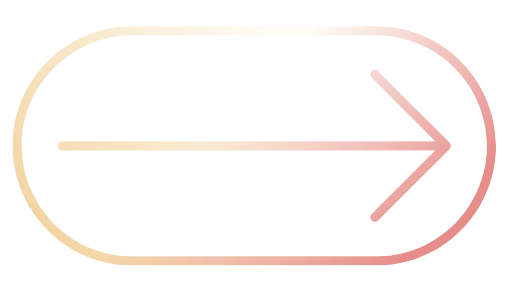
No assumptions
Learning to think objectively and critically is liberating. We're not mind- readers, and retraining the brain to stop leaping to conclusions is incredibly effective and freeing.
Flexible thinking
DBT teaches us to learn new things, and experience more open emotions and feelings. Keeping an open mind and exercising the brain to increase its flexibility has many benefits and life enhancing and enriching effects.
Skills
DBT focuses on building skills that reduce your impulsive behaviors and increase your ability to reflect before acting.
"Riding the Wave" is all about being a brave surfer and facing up to a tough emotion until it moves on.
Now, we've got choices: we either let these impulses totally take the wheel, or we decide to boss them around a bit. It's like learning to dance with our urges, letting them crash through us like waves.
Bottom line? We're the ones who take charge by finding our zen and riding those waves like champs.🌊😎
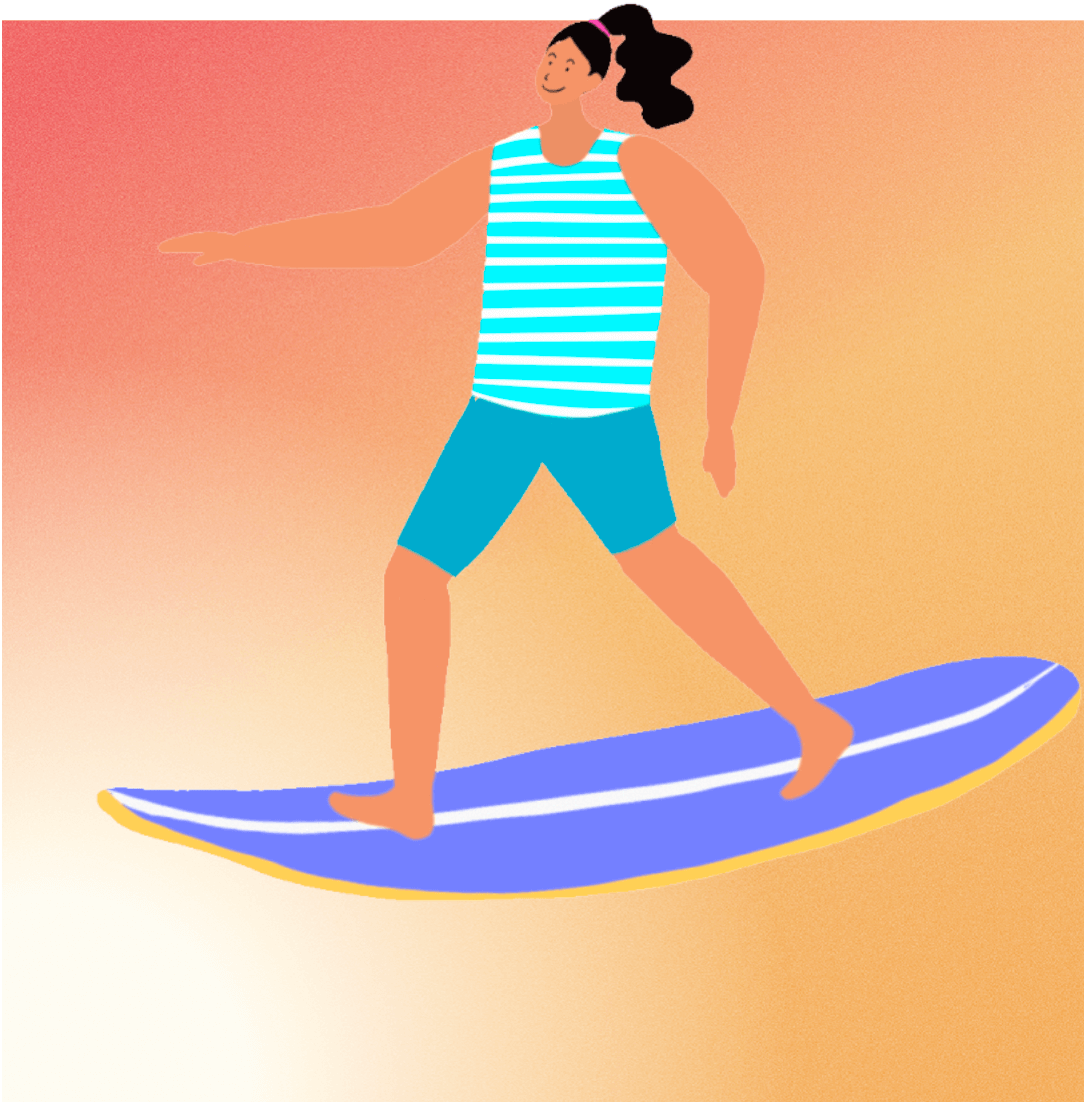
Therapy + Mindfulness = results
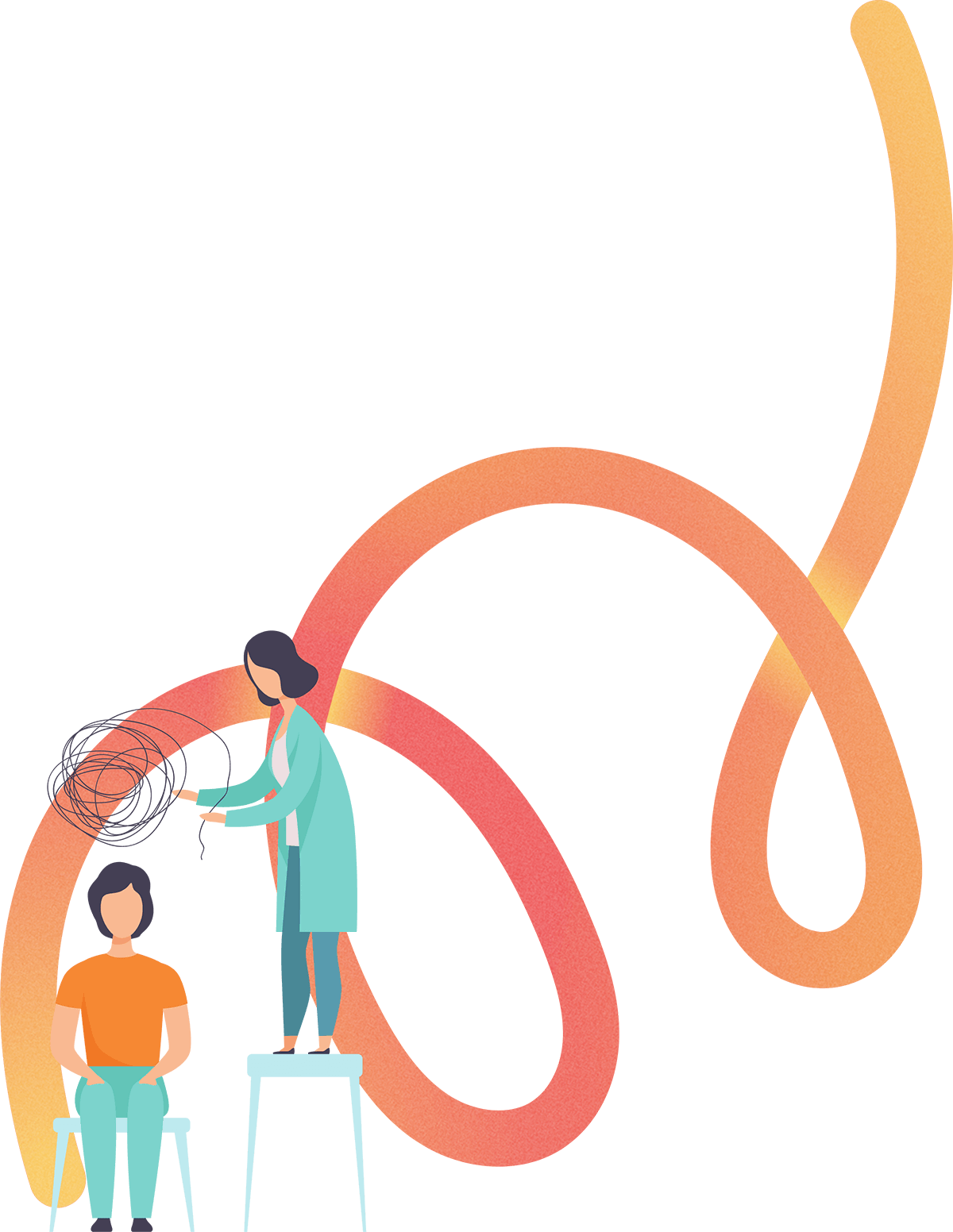
The focus of DBT is to help those who have significant trouble managing their emotions, thoughts, and behaviors. It can help you get to more peace.




